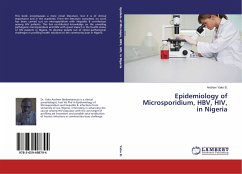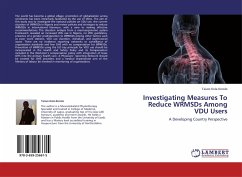Malaria is an important vector borne infectious disease.Congenital malaria is defined as the presence of malaria parasite in the erythrocyte or peripheral blood smear of the new borne babies from 24hours to 7days of life. It was considered rare in endemic areas until recent studies started reporting high prevalence rates. Congenital malaria is increasing reported among babies born to mothers residing in endemic areas. Given the high morbidity and mortality rates associated with malaria (300 million clinical cases and about one million deaths each year), it became pertinent to determine its current status among new born in Port Harcourt, Nigeria. Malaria causes a global estimate of 300 million clinical cases and around one million deaths each year .It is a major problem in tropical and subtropical countries and can be transmitted vertically from placenta of a pregnant woman to her foetus or perinataly during labour. The risk of malaria infection during pregnancy can result in maternal death or to spontaneous abortion in up to 60% of cases.The prenatal and neonatal mortality may vary from 15 to 70%.
Bitte wählen Sie Ihr Anliegen aus.
Rechnungen
Retourenschein anfordern
Bestellstatus
Storno








